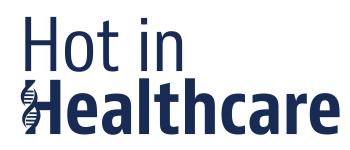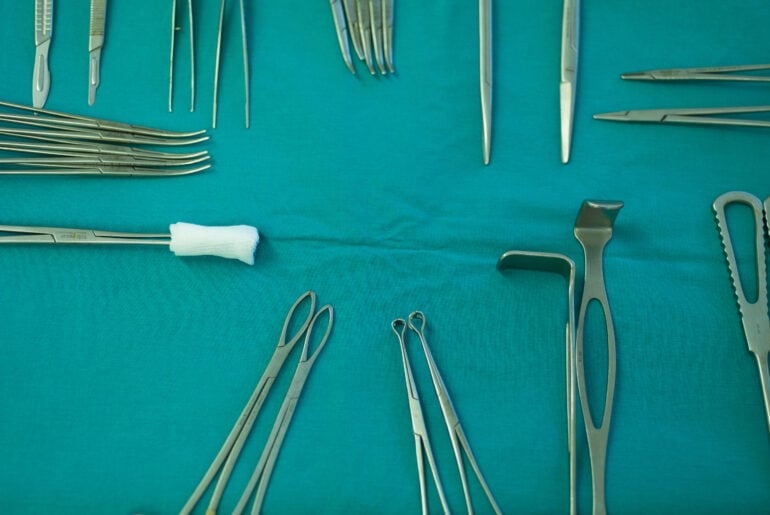Background On 16 December 2025, the European Commission published its long-awaited Proposal for a Biotech Act with an aim to “build a world-leading health biotech industry” and transform Europe into a “Biotech Powerhouse”. The Proposal recognises that the EU is losing ground to global competitors such as the US and China in developing innovative biological products and identifies insufficient funding, regulatory bottlenecks, and barriers to innovation as key obstacles limiting the EU’s ability to compete…
On 16 December 2025, the European Commission published its proposal to simplify the EU’s Medical Devices Regulation (Regulation (EU) 2017/745) (MDR) and In Vitro Diagnostics Regulation (Regulation (EU) 2017/746) (IVDR). The proposal aims to simplify EU rules for the MedTech industry, support digitalization of regulatory procedures, harmonize divergent practices via strengthened cooperation, and speed up access by introducing timelines to complete conformity assessments. Finally, the proposal also intends to provide clarity on the rules applicable…
Brussels has finally blinked. On 8 September 2025, the European Commission launched a call for evidence to simplify the MDR and IVDR. The window is short — it closes on 6 October 2025, but the signal is clear: the Commission is ready to revisit rules that have become heavier than the risk they were meant to control. What’s on the table? The Commission wants to use this feedback to: Why now? This move sits alongside…
With its ruling in Apothekerkammer Nordrhein v. DocMorris (Case C-517/23), the Court of Justice of the European Union (CJEU) provided further clarity on the interpretation of EU law concerning the advertising of medicinal products, with a particular emphasis on prescription-only (Rx) medicinal products. Most importantly, the CJEU ruled that advertising unspecified Rx medicinal products by offering price reductions (cash discounts) and payments falls outside the EU law concept of medicinal product advertising. Recently, in a…
AI as a medical device (AIaMD) in Europe is at a crossroads. As manufacturers grapple with compliance under two separate legal regimes – the EU AI Act (AIA) and EU Medical Device Regulations (MDR) – concerns are mounting around the sluggish pace of Notified Body designations and glaring inconsistencies between the two frameworks. Can the EU stay competitive when the AIA is piling on more regulatory obstacles than ever before? In our blog post, we…
On 11 March 2025, the European Commission published the Proposal for a Critical Medicines Act 1, a new Regulation aimed at improving the availability of critical medicines in the European Union. The Proposal has however a wider scope and seeks to introduce collaborative procurement mechanisms and information sharing obligations not only for critical medicines but also medicines which are considered of common interest. 1. Securing Supply of Critical Medicines According to European Health Ministers Europe…
On 5th March 2025, the European Health Data Space (EHDS) Regulation was officially published in the Official Journal of the European Union. The EHDS enters into force on 26 March 2025 – this is the beginning of the transition phase towards application. At its core, the EHDS is about three things: (1) empowering patients with new health data rights (primary use); (2) a new pathway to access electronic health data for research and innovation (secondary…
After months in the pipeline, it looks like the European Health Data Space (EHDS) is finally entering into force later this year. But what does this mean for your organisation? This is the fourth post in our EHDS series. In this post, we focus on the new product regime for electronic health record (EHR) systems, including the impact on wellness apps, AI systems and medical devices. We examine the latest publicly available draft, dated 24…
Pharmaceutical companies can breathe a sigh of relief following the European Court of Justice’s recent ruling in the Novo Nordisk A/S case (C-248/23 ). This decision marks the third time the ECJ has softened the rules around deducting pharmaceutical subsidies from the VAT base. Previously, in the German and Hungarian Boehringer cases (C-462/16 and C-717/19), the ECJ allowed subsidies to be deducted if paid to private insurers and later extended this to public insurers under…
After months in the pipeline, it looks like the European Health Data Space (EHDS) is finally entering into force later this year. But what does this mean for your organisation? This is the third post in our EHDS series. In this post, we focus on the change that has been generating all the headlines: a new pathway to access health data for secondary uses like research and innovation. We examine the impact of this pathway…










